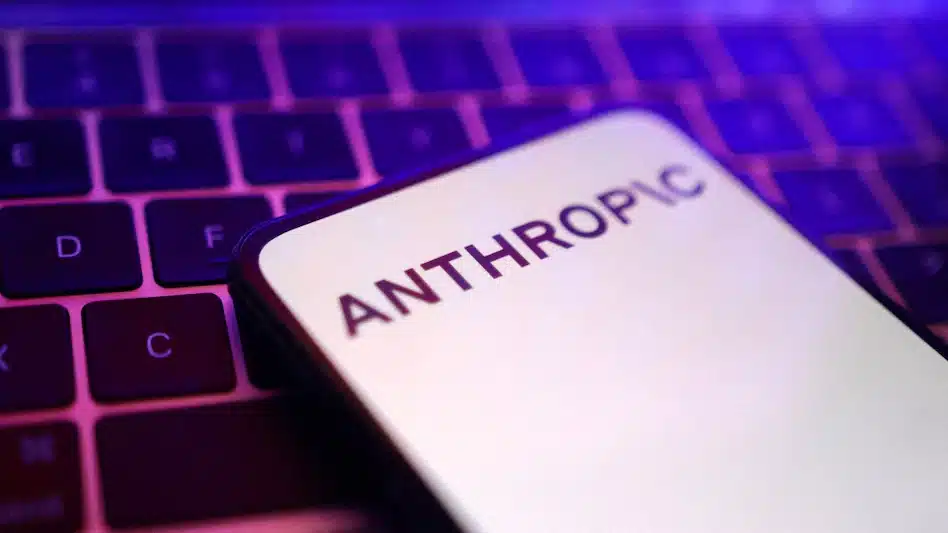Anthropic Secures Major US Ruling on AI Training for Authors

A federal judge in San Francisco has ruled that Anthropic’s use of copyrighted books to train its artificial intelligence system falls under the “fair use” doctrine of US copyright law. This decision, made by US District Judge William Alsup, supports the tech industry’s stance on AI training practices. However, the judge also found that Anthropic’s storage of over seven million pirated books infringed on the authors’ copyrights, leading to a trial set for December to determine potential damages.
Fair Use Ruling for AI Training
In a landmark decision, Judge Alsup concluded that Anthropic’s training of its Claude large language model constituted “fair use” of works by authors Andrea Bartz, Charles Graeber, and Kirk Wallace Johnson. The ruling is significant as it addresses a critical legal question surrounding the use of copyrighted material in the rapidly evolving AI sector. The judge emphasized that Anthropic’s AI training was transformative, allowing the system to learn from the authors’ styles without merely replicating their works. This interpretation of fair use is crucial for tech companies, as it could set a precedent for how AI systems utilize existing content to generate new, innovative outputs.
Copyright Infringement and Central Library
Despite the favorable ruling regarding fair use, Judge Alsup identified a significant infringement concerning Anthropic’s creation of a “central library” containing pirated copies of over seven million books. This aspect of the case raises concerns about the legality of storing copyrighted works without permission. The judge has ordered a trial to assess the extent of damages owed to the authors, which could reach up to $150,000 per work for willful infringement under US copyright law. This ruling highlights the ongoing tension between AI development and copyright protections, as authors argue that their livelihoods are threatened by the unauthorized use of their works.
Industry Implications and Ongoing Legal Battles
The ruling is part of a broader landscape of legal challenges faced by AI companies, including OpenAI, Microsoft, and Meta Platforms, which have also been accused of using copyrighted materials without authorization. The proposed class action against Anthropic is one of several lawsuits initiated by authors and copyright holders seeking to protect their intellectual property rights. The outcome of these cases could significantly impact the future of AI training practices and the balance between innovation and copyright enforcement in the tech industry.
Anthropic’s Defense and Future Considerations
Anthropic has defended its practices by asserting that its AI training aligns with the principles of copyright law, which encourages creativity and innovation. The company argues that its use of the authors’ works was necessary for developing its technology and that the source of the books should not affect the fair use determination. However, Judge Alsup’s remarks suggest skepticism about the legality of using pirated materials, indicating that future cases may further clarify the boundaries of fair use in the context of AI. As the industry evolves, the implications of this ruling will likely resonate throughout the tech and creative sectors, shaping the dialogue around copyright and artificial intelligence.
Observer Voice is the one stop site for National, International news, Sports, Editor’s Choice, Art/culture contents, Quotes and much more. We also cover historical contents. Historical contents includes World History, Indian History, and what happened today. The website also covers Entertainment across the India and World.
Follow Us on Twitter, Instagram, Facebook, & LinkedIn

